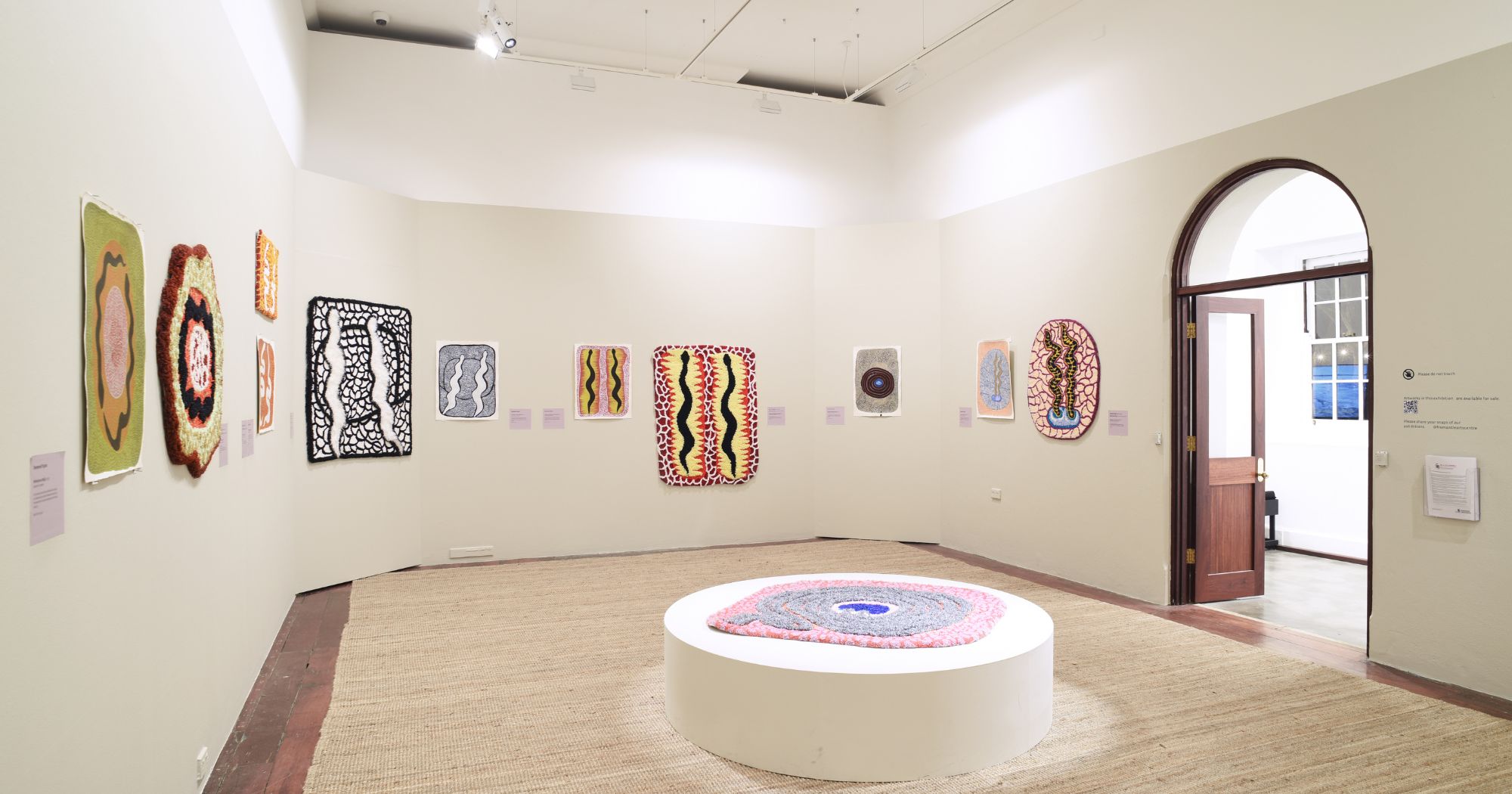William Shakespeare – a name you would have heard whether you are a literary lover or not.
Saturday 23 April, 2016 marks 400 years since his death, which was a Tuesday in 1616.
His death is unknown except for the diary entries of a vicar in Stratford-upon-Avon, named John Ward, who wrote “Shakespeare, Drayton and Ben Jonson had a merry meeting and, it seems, drank too hard, for Shakespeare died of a fever there contracted”

A great portion of William Shakespeare’s life is a mystery, with missing pieces and many apocryphal stories. Scholars have called the years between 1585 – 1592 Shakespeare’s ‘lost years’. Many accounts of Shakespeare usually begin with ‘Its been suggested that Shakespeare…’ or ‘Shakespeare may have…’ or even ‘Historians believe…’.
No one really knows anything about his religious beliefs, sexuality or what he really looks like. There has been speculation that he has had some male lovers as one hundred and twenty six love sonnets ‘appear’ to be address to men.
What I have found very interesting, and this is something that shocked me when I first heard it that I thought it was a joke, is that there is strong speculation that William Shakespeare is… not a real person. A fake. A made up person. An identity that someone else used.
In an era of no social media nor computer files, with ink and paper as the only solid way to document – what do you expect? Although the identity confliction is interesting – Here are some interesting links to read about the ‘William Shakespeare Identity debate’.
TIME MAGAZINE: http://content.time.com/time/arts/article/0,8599,1661619,00.html

WIKIPEDIA: https://en.wikipedia.org/wiki/Shakespeare_authorship_question

Photo credit: Wikipedia
Even though there are missing pieces to the puzzle, William Shakespeare is still impacting people today. From the many many words and phrases we use today that he crafted, to the many students who take English Literature and will spend many many hours deciphering the brilliant meaning between his words.

If you can take one thing away from the life of William Shakespeare, take this:
William Shakespeare lead an inspirational life, enduring pain and joy – like the birth of his children but then the death of his son, working as a play writer and actor in London but then having it constantly shut down because of the bubonic plague.
No matter what perils life had for William, he was always true to his passion and love for writing. He didn’t have inspirational quotes to help him get through Monday’s or crave likes to get social acceptance. William worked hard and received his energy from the powerful reaction of his audiences. No one knows the names of his ‘haters’, only his name has stood tall for over 400 years after his death.
Below are three things for you!
If you are ever in England, you can visit the town where William Shakespeare grew up, visit his birth house and learn more about this brilliant man.
http://www.shakespeare.org.uk/visit-the-houses/plan-your-visit.html#prices_and_opening_times
There is this website called FutureLearn who have Massive Open Online Courses (MOOCs) that are 100% free and give you a certificate at the end. There are heaps of different courses to choose from and here is a list of the Shakespeare courses:
http://www.shakespeare.org.uk/learning/enthusiasts/moocs.html
There is an audio book by The Great Courses that you can get on Audible called ‘How to read and understand Shakespeare’. It’s a series of lectures by Dr. Marc C. Conner that are fun and easy to understand and listen too.
http://www.audible.com.au/pd/Classics/How-to-Read-and-Understand-Shakespeare-Audiobook/B00FGE1UZ4












